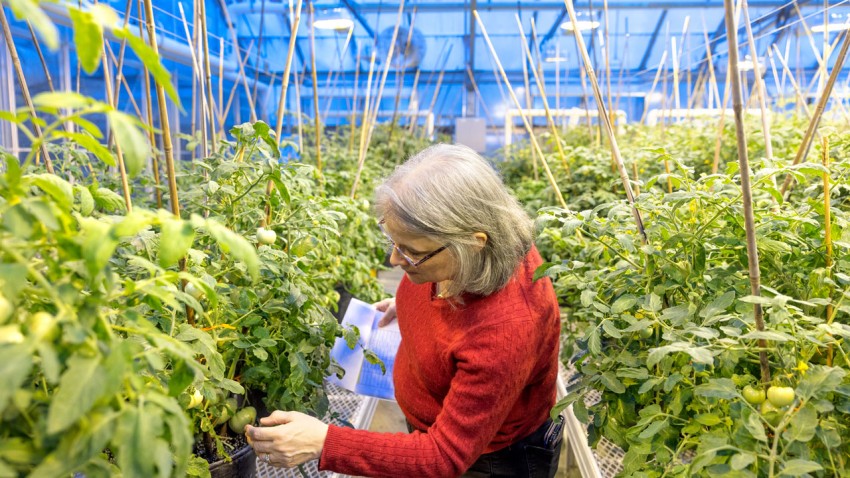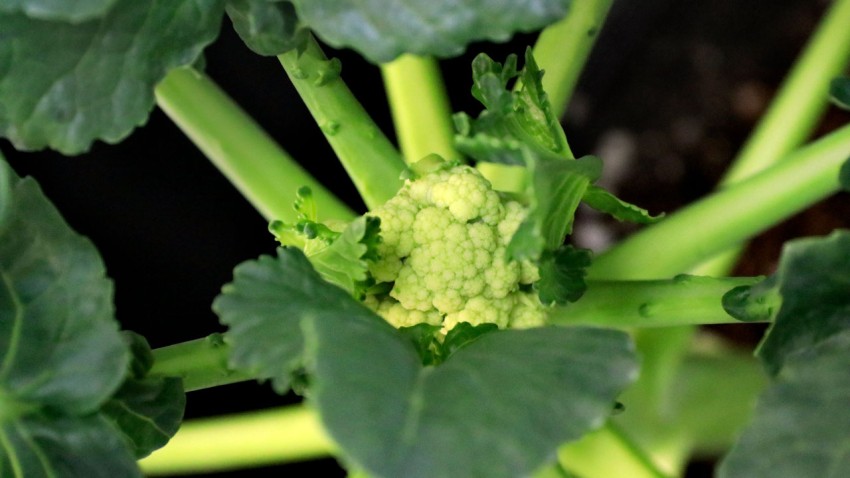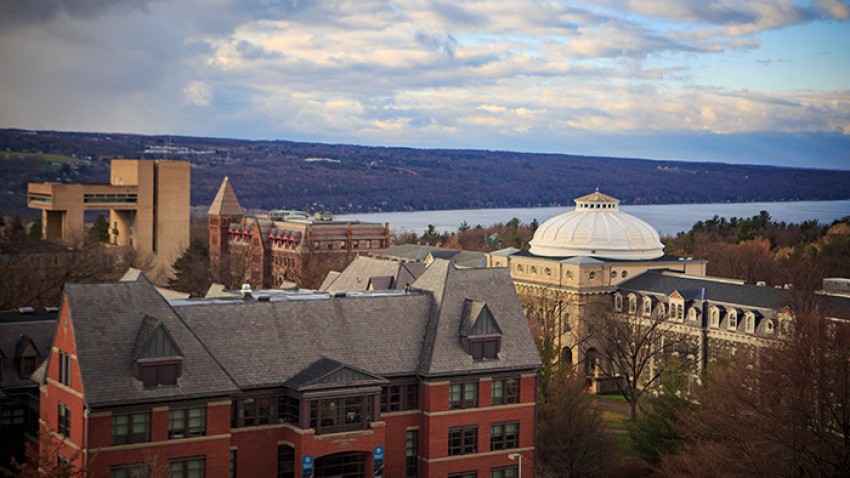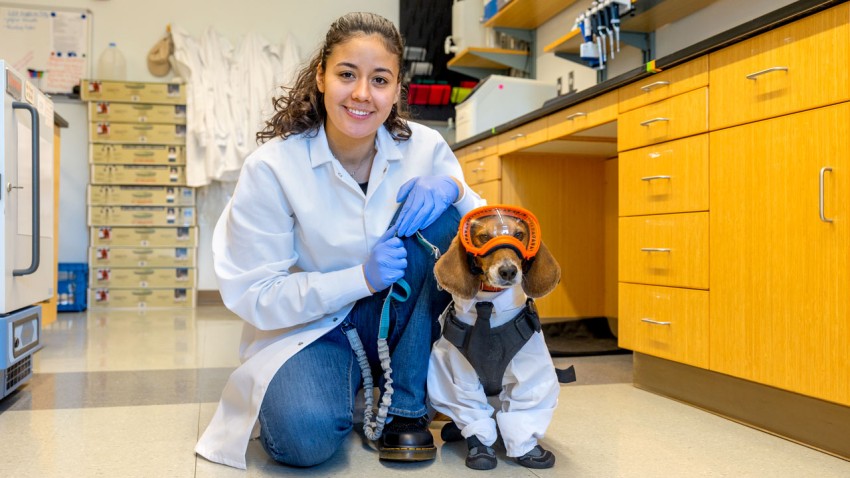News
A Cornell researcher has completed a decades-long program to develop new varieties of tomato that naturally resist pests and limit transfer of viral disease by insects.
Maslins, or mixtures of grains planted and eaten together, have fed humans for millennia. Now nearly forgotten, they can adapt in real time to unpredictable weather and extreme weather.
A new study identifies the genetic underpinnings for why broccoli heads become abnormal when it’s hot, providing insight into effects of climate-induced warming for all crops and pointing the way for breeding heat-resistant new varieties.
The funding will support preliminary disease-related research, in the latest in a series of efforts to create new opportunities for interdisciplinary research.
Participation in the immersive Florida Field Course led to positive professional outcomes, higher rates of publications, and faculty positions at research institutions, according to a new study from Cornell ecology and evolutionary biology researchers.
The Albert’s lyrebird is a talented mimic, but as its rainforest habitat in Australia shrinks, so does the number of sounds that the bird can produce, degrading lyrebird culture.
On Nov. 18, Stephanie Wisner '16 discussed her career path and new book, "Building Backwards to Biotech: The Power of Entrepreneurship to Drive Cutting Edge Science to Market," with Cornell's entrepreneurial community.
Multiple faculty and staff collaborated with Genesis Contreras ’24 to allow her service dog, Nugget, to work alongside her in the lab.
The Cornell Jeb E. Brooks School of Public Policy Executive Master of Health Administration (EMHA) was ranked as a top 10 national program based on ratings from the program's alumni.
Drew Harvell, professor emerita of ecology and evolutionary biology who studies sustainable marine biodiversity, is one of seven U.S. researchers named 2023 U.S. Science Envoys by the Department of State.










